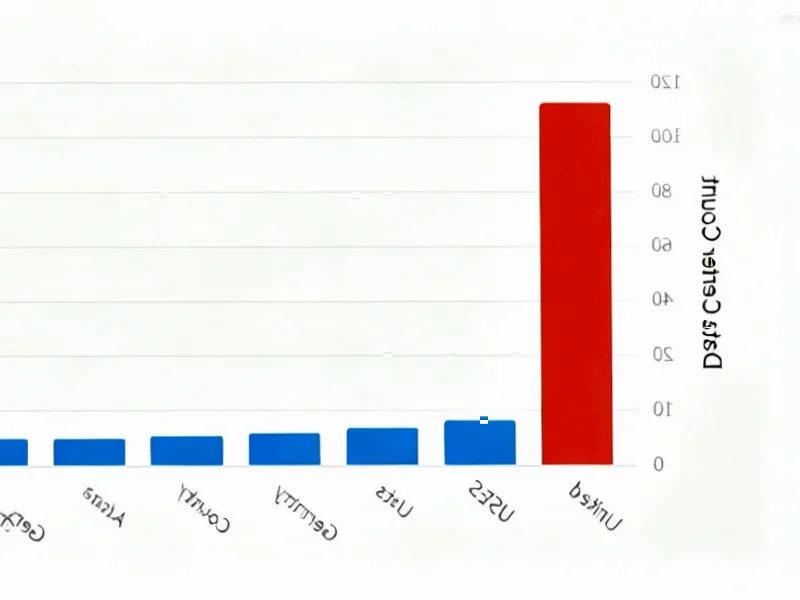According to TechCrunch, journalists found it was “easy” to spy on top European Union officials using commercially obtained location data sold by data brokers. A coalition of reporters got a free sample dataset containing 278 million location data points from millions of phones around Belgium, which included granular location histories of Europe’s top officials working directly for the European Commission. The dataset revealed 2,000 location markers from 264 officials’ devices and around 5,800 location markers from more than 750 devices in the European Parliament. Despite Europe having some of the strongest data protection laws globally with GDPR, data brokering has ballooned into a billion-dollar industry. EU officials said they’re “concerned” about this trade and have issued new guidance to staff to counter tracking.
The Data Broker Pipeline
Here’s how this works in practice. You download some random weather app or game, and buried in the terms of service is permission to collect your location data. That app developer then sells that information to data brokers who aggregate it from thousands of sources. Those brokers then turn around and sell access to governments, militaries, marketers – basically anyone willing to pay. The reporters got their sample from one such broker, and it contained enough detail to identify individual officials’ movements around Brussels. Think about that – your phone‘s location history, collected through apps you barely use, becomes a commodity traded in a shadowy billion-dollar market.
The GDPR Problem
Now here’s what’s really concerning. Europe has the General Data Protection Regulation, which is supposed to be the gold standard for privacy protection. But apparently it’s not stopping this massive location data trade. The law has provisions about consent and purpose limitation, but enforcement against data brokers has been slow. Basically, there’s a gap between what the law says and what’s actually happening on the ground. Data brokers operate in this gray area where they claim they have “consent” because you clicked “agree” to some incomprehensible privacy policy months ago. And meanwhile, they’re making bank selling your every move.
Fighting Back Against Tracking
So what can you actually do about this? Both Apple and Android offer some protection. Apple customers can anonymize their device identifiers, making it harder for trackers to build a persistent profile. Android users can regularly reset their device’s advertising ID. But let’s be real – most people don’t even know these settings exist. The bigger issue is that we shouldn’t need to become privacy experts just to use our phones without being constantly tracked. The fact that even top EU officials, who literally write privacy laws, can’t escape this surveillance economy tells you everything about how broken the system is.
Why This Matters Beyond Brussels
This isn’t just about European politicians. Remember last year when data broker Gravy Analytics had a breach that exposed location data for tens of millions of people? Researchers found they could track where people live, work, and everywhere they’ve been. That’s the same industry that’s now selling access to EU officials’ movements. If they can track the people making Europe’s laws, they can definitely track you. The real question is: when will regulators actually use the power they have under laws like GDPR to shut down this entire shady industry?




